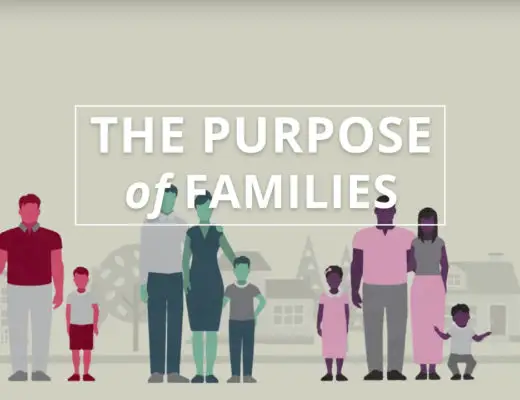Have mercy on me, O God, according to your steadfast love; according to your abundant mercy, blot out my transgressions. Wash me thoroughly from my iniquity, and cleanse me from my sin!
Psalm 51:1-2
Transgressions, Iniquity, and Sin
Two launchpads for meditation. The first focuses on what David is pleading to be cleansed from. Although this psalm was composed after David committed adultery and murder, the psalm itself is broad and can be used as a model for when we need to repent.
The brokenness in us and the brokenness in David is multifaceted. David asks that his transgressions be blotted out, iniquity washed away, and to be cleansed from sin. But what do these biblical words actually mean?
The Hebrew word translated as transgression relates to wrongdoing that breaks trust within a relationship. For example, to steal from a neighbor when they are gone, is a violation of trust. It is a transgression. David and the Israelites break trust with God when they fail to live up to the terms agreed upon in the covenant. David, the Israelites, and us – we are all transgressors who need God to blot out our transgressions (Isaiah 43:25).
The next word is iniquity. The Hebrew word has connotations of wrong actions or thoughts that are bent out of shape. As broken humans, our actions are often crooked and our thoughts twisted. David, the Israelites, and us – we all deserve to bear our iniquities – to live in the consequences of our distorted ways. But David has hope, asking God to thoroughly wash away his deep-seated desire to twist God’s perfect standards.
The final word in this ‘bad words’ trilogy is sin. The Hebrew word has connotations of failing to achieve a goal or missing a target. David, the Israelites, and us – we all miss the main mark of what it means to be a whole human. We fail to love God and others.
The brokenness of humanity runs deep. The words transgression, iniquity, and sin are like different brushes that together can be used to paint the complex portrait of the brokenness of humanity.
We live in the ugliness of our humanity, but in the second launchpad for meditation we will explore how the beauty of God’s character is far more powerful.
God’s Character
With the second launchpad for meditation, we will see how in this psalm David’s appeals are wrapped up in the character of God. Specifically, David’s appeals focus on how God revealed Himself to Moses during the renewal of the covenant in Exodus 34: “The Lord, the Lord, a God merciful and gracious, slow to anger, and abounding in steadfast love and faithfulness, keeping steadfast love for thousands, forgiving iniquity and transgression and sin”.
The mercy and steadfast love of God is why David has hope that God will blot out his transgressions, wash away his iniquity, and cleanse him from his sin.
My prayer today is that we would turn to God to cleanse us from our transgressions, iniquity, and sin – trusting that the beauty of God’s steadfast love and mercy shine brighter than the darkest recesses of our souls. I pray that we would cling to God’s promises in 1 John 1:7 – “if we walk in the light, as he is in the light, we have fellowship with one another, and the blood of Jesus his Son cleanses us from all sin.”
Psalm 51:1-2 Study Resources
Baker Commentary on the Old Testament Wisdom and Psalms: Psalms, vol. 2 (Goldingay 2006):
Word Study: Avon – “Iniquity” (The Bible Project 2018):
Word Study: Khata – “Sin” (The Bible Project 2018):
Word Study: Pesha – “Transgression” (The Bible Project 2018):



